release time:2024-04-25 14:54:53
Introduction
Animals enrich our lives in countless ways, and ensuring their health and well-being is paramount. Veterinary clinics play a vital role in this mission, relying on specialized equipment to diagnose and treat animal ailments. This guide explores some essential medical tools every vet clinic should have.
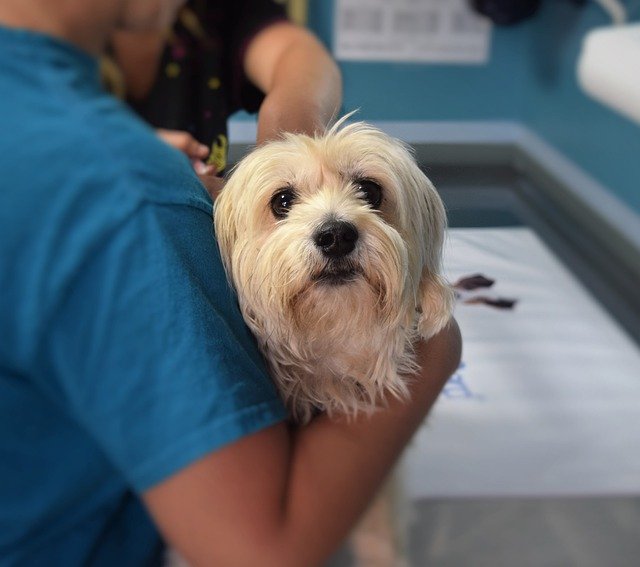
Core Diagnostic Tools
Veterinary Stethoscope: This compact instrument allows vets to listen to an animal's internal sounds, like heartbeats, lung function, and gut activity. It's crucial for preliminary examinations of all animals, regardless of size.
Veterinary Ultrasound: This advanced technology uses sound waves to create real-time images of an animal's internal organs. It aids in diagnosing various conditions, from pregnancies to organ problems. Additionally, portable ultrasound machines allow for examinations during home visits.
Blood Chemistry Analyzer: This automated machine analyzes blood samples, revealing crucial information about an animal's health. It helps vets identify imbalances, organ issues, and potential diseases, leading to accurate diagnoses and targeted treatments.
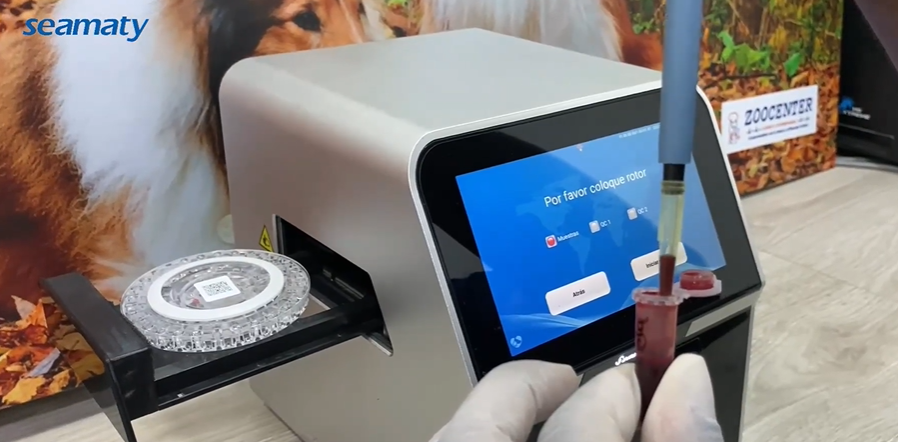
Intravenous (IV) Pumps: These pumps deliver fluids, medications, and other essential supplements to animals during surgeries and recovery. They ensure a controlled and consistent flow of treatment, crucial for patient safety.
Autoclaves and Sterilizers: These devices are vital for maintaining a sterile environment in the clinic. They eliminate bacteria and other microorganisms from surgical instruments, preventing infections and ensuring patient safety.
Anesthesia Machines: These machines deliver a combination of safe anesthetic gases and oxygen, allowing animals to undergo surgeries painlessly. Specialized veterinary anesthetics cater to the unique respiratory needs of different animal species. Monitoring equipment used alongside these machines tracks vital signs, ensuring the animal's safety throughout the procedure.
Exam and Procedure Tables: These adjustable tables provide a comfortable and secure platform for examining and treating animals. They come in various configurations, such as hydraulic or electric tables, to accommodate different procedures and patient sizes.
Ophthalmic and Aural Examination Tools: A pen torch, otoscope, and ophthalmoscope are essential for examining an animal's eyes and ears. These tools allow vets to detect infections, injuries, and other abnormalities in these vital areas.
Equipping your veterinary clinic with the proper medical tools is essential for providing quality care to your animal patients. Staying updated on the latest advancements in veterinary technology allows you to offer the best possible treatment options. Regularly consult online resources and industry publications to stay informed about new equipment and techniques.
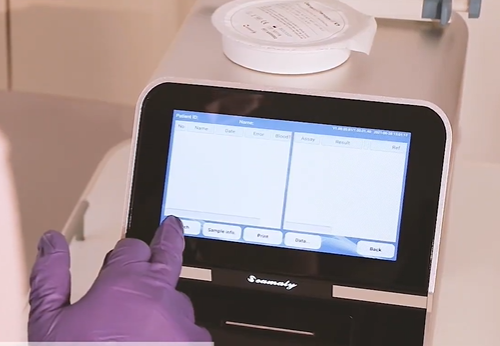
2022-06-08
Although the technology of dry biochemical assay for GLTA started relatively late, the development of dry chemical assay is very rapid.
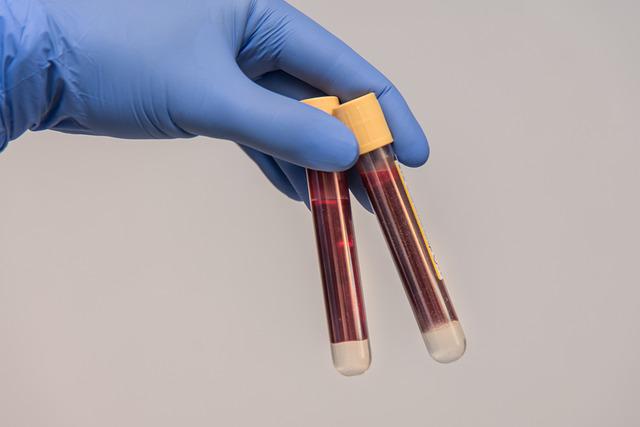
2022-03-10
Unqualified specimens encountered in clinical testing work are mainly manifested in hemolysis, coagulation, contamination, insufficient or excessive collection volume, and incorrect identification.
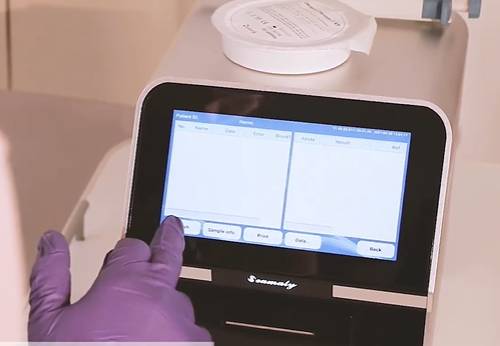
2021-11-09
Blood glucose control is the key to the treatment of diabetes, and the POCT blood glucose meter is a commonly used instrument for measuring blood glucose in diabetic patients. It can accurately and quickly determine the blood glucose concentration of patients and provide timely guidance for clinicians in the use of medication. However, in the clinical examination, the measurement results of portable blood glucose meter often do not match with the laboratory results.